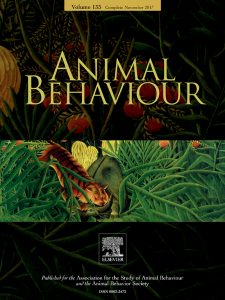
A communications researcher in Switzerland found guilty of plagiarism and sanctioned is facing more allegations—including that he plagiarized work by a former Pope.
Peter J. Schulz, who works at the University of Lugano, has already lost two book chapters. He also has retracted two papers and issued three errata; the errata note failing to properly cite other authors and plagiarism. In 2016, he was temporarily suspended by his university for misappropriating the work of others.
Most recently, Schulz has been accused of plagiarizing Pope John Paul II (who resigned died in 2005) and the English philosopher, Sir Anthony Kenny, in a 2001 book chapter. Continue reading A Cardinal sin? Communications researcher accused of plagiarizing former Pope






 Following heavy criticism of its decision to correct — instead of retract — a paper accused of plagiarism,
Following heavy criticism of its decision to correct — instead of retract — a paper accused of plagiarism, 